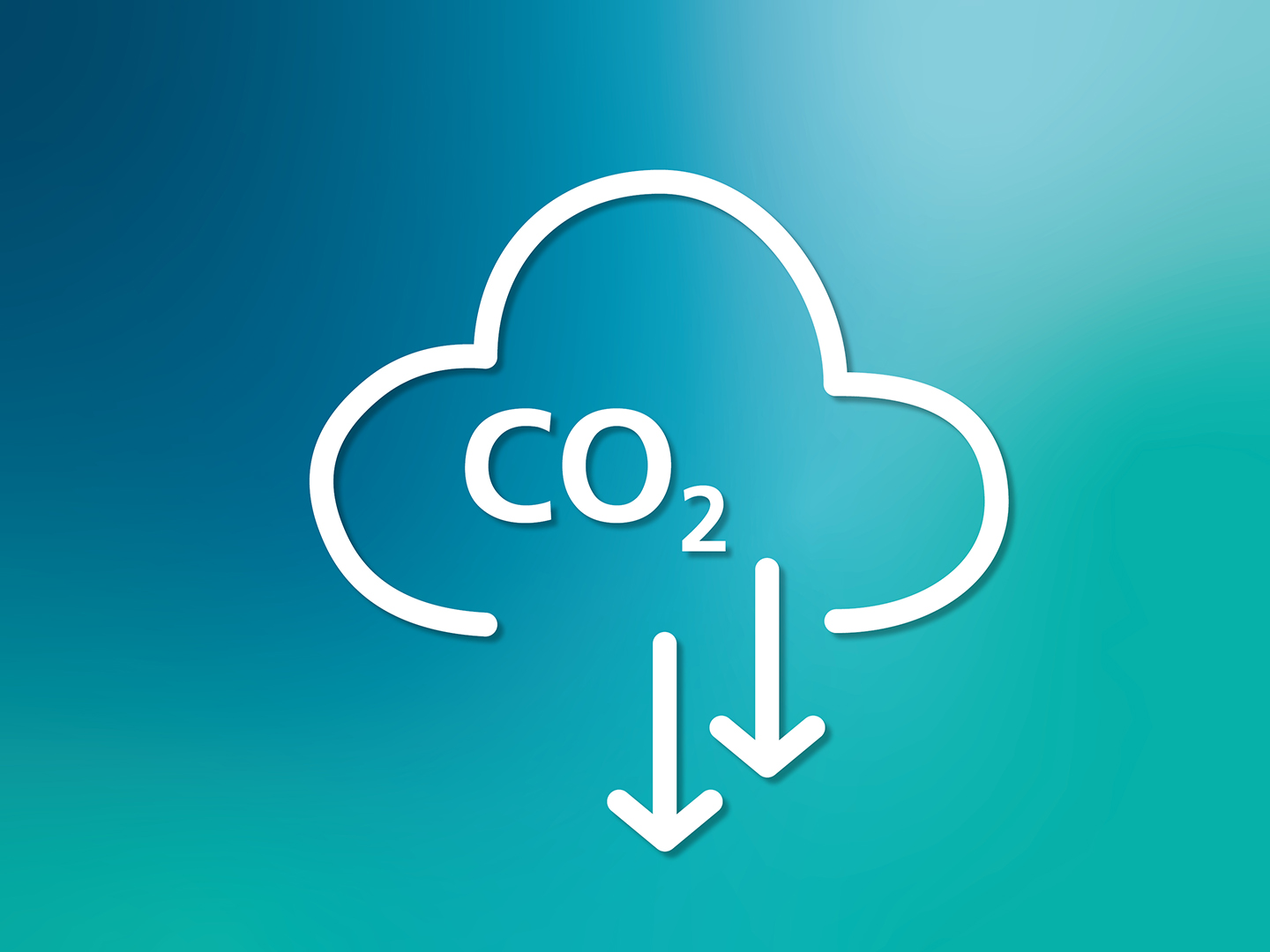Closing new loops with recycling
Recycling is resource conservation. This is confirmed by the study published today by Fraunhofer UMSICHT on behalf of Interzero. The circular economy service provider Interzero avoided a total of 1.2 million tons of greenhouse gas emissions in 2023 by recycling around 2.5 million tons of recyclable materials. At the same time, Interzero was able to save over 11.1 million tons of primary resources together with its customers. For the transformation to a circular economy to succeed, new cycles must also be established for material groups that were previously neglected.
The recycling of raw materials is an effective lever for climate protection and ensures that Germany and Europe remain sustainable as a place to live and do business. The "resources SAVED by recycling" study published today shows that Interzero was able to avoid a total of 1.2 million tons of greenhouse gas emissions in 2023 by recycling around 2.5 million tons of recyclable materials. At the same time, Interzero and its customers saved over 11.1 million tons of primary resources. Fraunhofer UMSICHT has been examining the environmental impact of recycling for Interzero for over 15 years. The research institute's annual life cycle assessment proves the sustainable impact of recycling. "On the one hand, our studies provide a strategic decision-making basis for sustainable action, but we also offer expertise in the process of transformation to a circular economy," explains Dr. Markus Hiebel, Head of Sustainability and Participation at Fraunhofer UMSICHT.
Textile recycling not yet established
A complete transformation to a circular economy must include all material groups. Unlike packaging recycling, for example, textile recycling is still in its infancy: Around 92 million tons of textiles are thrown away worldwide every year. So far, however, only one percent of this huge material flow flows into fiber-to-fiber recycling and thus back into the production cycle.
"Looking at textiles as a recyclable material, it becomes clear what enormous ecological potential there is in recycling - and why it is urgently necessary to drive forward the circular transformation of the economy at all levels," says Dr. Axel Schweitzer, Chairman and Partner of Interzero. "This also applies in particular to recyclable materials that are not yet consistently recycled. We want to work with the industry to close the textile loop and use our experience as an established system service provider to develop a holistic concept for taking back, sorting and recycling," says Dr. Axel Schweitzer.
Plastics are an important component of textiles. Plastics are -in particular - very important in our economy due to their property profile and are therefore being investigated across the board in the Fraunhofer Clusters of Excellence Circular Plastics Economy CCPE coordinated by Fraunhofer UMSICHT. Whether bio(plastics), additives used for this purpose, compounding or material and chemical recycling - Fraunhofer CCPE combines the expertise of six Fraunhofer Institutes and industrial partners for the transition from a linear to a circular plastics economy. The entire life cycle of plastic products is considered. The Fraunhofer CCPE team helps companies to design their products in a circular way and turn plastic waste into valuable resources.
Last modified:
 Fraunhofer Institute for Environmental, Safety and Energy Technology UMSICHT
Fraunhofer Institute for Environmental, Safety and Energy Technology UMSICHT